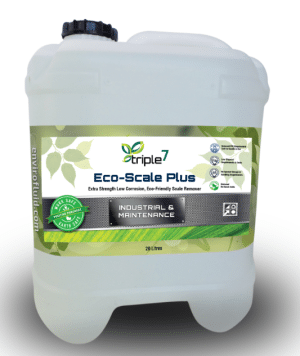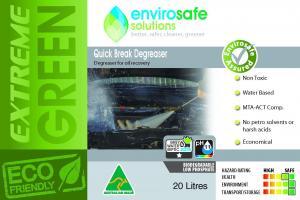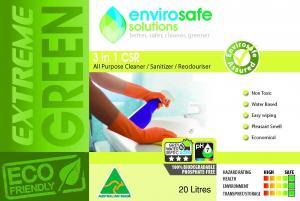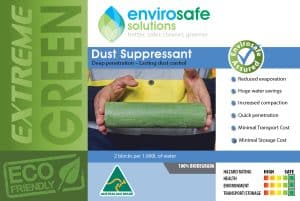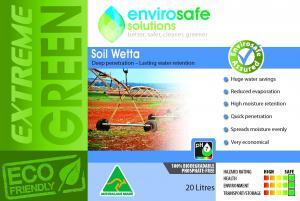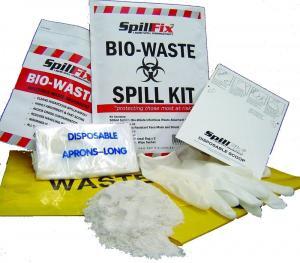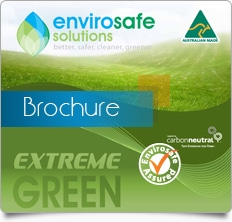 Probiotics and probiotic organic materials are used every day to help facilitate the thousands of tiny eco systems on our planet, including the systems within our bodies. Probiotics are essential forms of good or positive bacteria which actively work against and protect against negative or bad bacteria. The flora in our human stomachs is one form of probiotics. Protective layers of algae is another form. When gardeners use small types of worms to eat compost and produce refined excrement of nutrients for their soil, they are using a tiny man-supervised eco system to make better compost for their plants. Probiotics have many uses, including eradicating species of parasites, eliminating plant disease or parasites, and protecting against creatures which normally would steal or eat farmer’s crops.
Probiotics and probiotic organic materials are used every day to help facilitate the thousands of tiny eco systems on our planet, including the systems within our bodies. Probiotics are essential forms of good or positive bacteria which actively work against and protect against negative or bad bacteria. The flora in our human stomachs is one form of probiotics. Protective layers of algae is another form. When gardeners use small types of worms to eat compost and produce refined excrement of nutrients for their soil, they are using a tiny man-supervised eco system to make better compost for their plants. Probiotics have many uses, including eradicating species of parasites, eliminating plant disease or parasites, and protecting against creatures which normally would steal or eat farmer’s crops.
In the eco friendly world, probiotics are often used instead of harmful, hazardous, or non-biodegradable chemicals, especially regarding anything organic or which may come in contact with humans. Florists sometimes use natural, eco friendly stabilizers and plant food for their blossoms in order to protect any customers who may be sensitive to chemicals or who may have allergies. This is part of increasing global health, but it is also part of maintain positive relations with their customer base.
Even such simple actions as filling up a nearly empty milk jug with water and using the milky solution to water your plants in your home is a form of probiotic use. You are using the natural lactobacilli (milk bacteria) to facilitate break down of organic matter into nutrients for your plants. The same process occurs in your body when you drink acidophilus. Probiotics found in nature include dead and decaying animals and plant material, fungus, the nutrients derives from a mother’s milk, and simply being slowly and carefully exposed to an outside member of the ecological system until tolerance is developed and plants and animals adapt to include the newest member to their world. This is sometimes referred to as the survival of the fittest. Whoever and whatever can adapt to changes in their environment the fastest and the best are the organisms which are most likely to live the longest and die the hardest.(+61) 1300 88 90 70.









